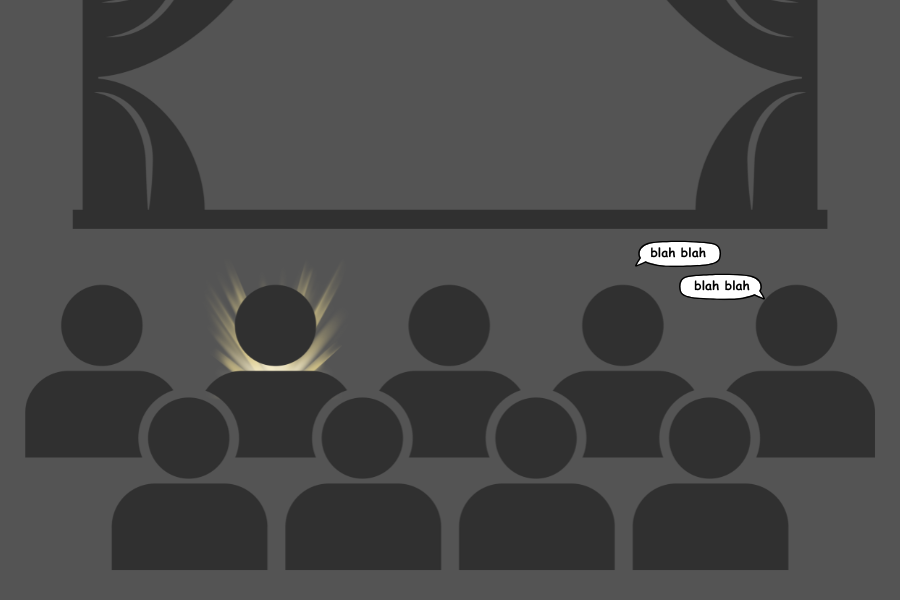
This month has been historically painful, traumatic and deadly for the people of Israel and Palestine. The conflict in Israel/Palestine has plagued the region for nearly a century, and the humanitarian situation in Gaza — especially since the 2007 blockade — has been horrific. Hamas orchestrated the deadliest attack on Israel since the war in 1948 Oct. 7.
About 1,400 were killed, and more than 200 hostages were taken — there were also reports of raping, torturing and maiming of victims. For the most part, victims were civilians, not combatants. In response, Israeli Prime Minister Netanyahu’s government has launched a large-scale attack on the Gaza Strip.
At the time of writing this, no ground invasion has occurred, but the bombing campaign itself has already killed about 7,700 Palestinians—including more than 3,000 children. The Netanyahu government has also cut off water, food, electricity and internet from Gaza.
All the aforementioned actions are war crimes. Killing innocents in their homes, torturing civilians and taking hostages are war crimes. Leveling apartment buildings, killing innocent families and cutting a population off from basic needs they cannot provide themselves, due to the blockade, is collective punishment — a war crime.
If these past few weeks have been confusing for you, and you don’t belong to either diaspora, it is crucial to understand the severity of the situation.
For Israelis, what happened represents the biggest security failure in the history of their country, and a colossal tragedy and loss of life — and, for the first time in a while, there is good reason to fear a larger, deadlier, regional conflict.
For Arabs, we are witnessing the most devastating period for the Palestinian cause since 1948. And, once again, the suffering of innocent Palestinian families is being broadcast for the world to see.
This is an especially dark moment. The Arab and Jewish diaspora are reliving their ancestors’ nightmares — sometimes even their own. Arab families, scarred by trauma from the violence and oppression that is borne out of war and regional turmoil, for decades have witnessed as Palestinians suffer the same violence and oppression that they managed to flee.
Jewish families, indelibly scarred by the Holocaust, watched in horror as Israeli civilians suffered the deadliest single incident for the Jewish people since the days of World War II.
Not enough time has been spent discussing the diaspora — both Jewish and Arab — as a collective. There are reasons for that. To the extent that we do have conversations about the diaspora, we discuss each of them individually. Typically, it’s an absurd proposition to weave the struggles and grievances of both diasporas together.
I have my own criticism of the notion. Simply, why would a Palestinian — or in my case — a Lebanese person, associate the oppression and suffering of their people with the diaspora of what we view as an occupying power? It can feel like an effort to equate the two struggles and disregard the power imbalance between the Israeli State and the Palestinian people.
However, the past two weeks caused me to reconsider that logic.
As far as the greater conflict is concerned — my views haven’t changed. The Israeli occupation is unjust, and liberation and self-determination for Palestinians is long overdue. However, the lack of solidarity between the Arab and Jewish diaspora is an issue — one that I hope the student body can take seriously.
This issue reflected itself in Suffolk University’s chapter of Turning Point USA’s decision to display a table outside of the Sawyer building, with a whiteboard that presented the two options “Israel” or “Palestine” with tally marks under both. This was distressing and insulting — it also indicates why solidarity is important.
During a difficult, and frankly, traumatizing time — people have conflated our cries for justice with an urge to debate, or score points. When, in reality, these cries for justice are a reaction to the pain and hurt we feel in witnessing the bloodshed of innocent people.
As a collective diaspora, we need to take it upon ourselves to make space for one another to mourn the loss of innocent lives and advocate for lasting peace.
Witnessing the mass death of innocent civilians is a deeply painful experience — especially when it reminds us of the pain our own families have experienced. We hold a responsibility to test the limits of our empathy and use our shared pain to advocate for a ceasefire and lasting peace that protects the shared humanity of our people.







